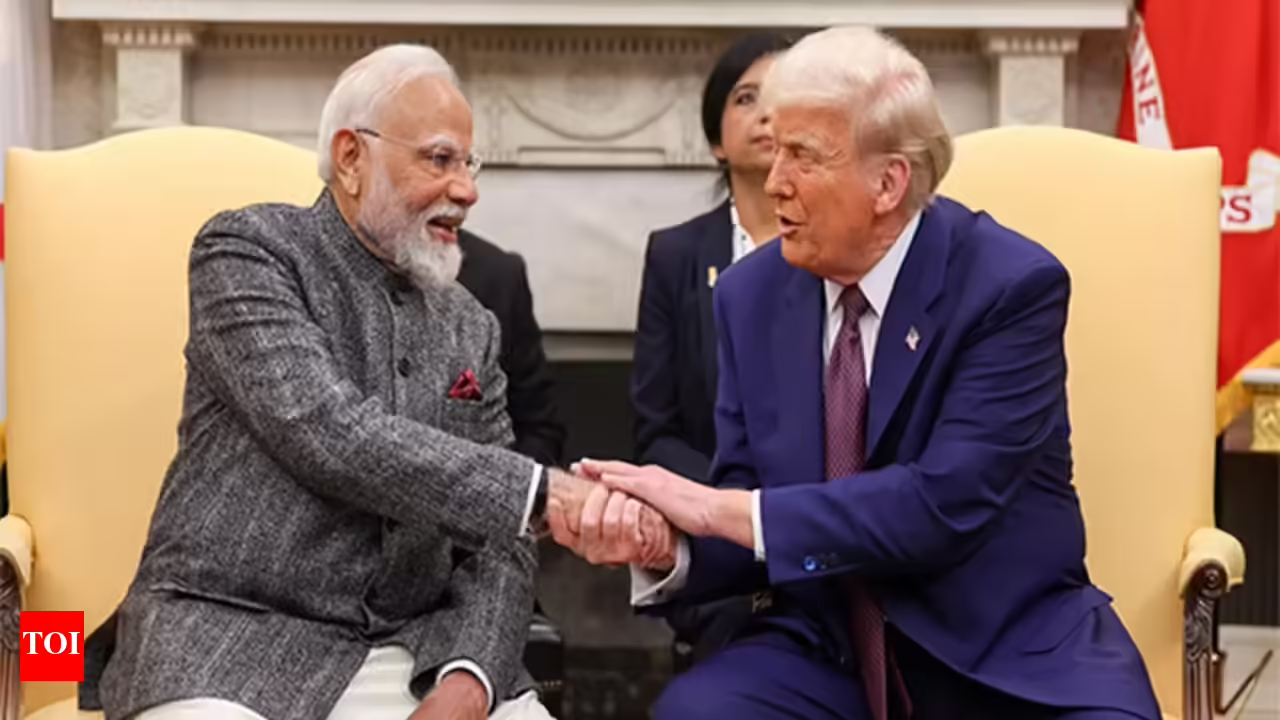Trump’s 20-Point Gaza Peace Plan: Global Reactions, Challenges, and India’s Perspective

In a high-profile move that has sent ripples across the Middle East and global diplomatic circles, former U.S. President Donald Trump unveiled his long-awaited 20-point Gaza peace plan, aimed at ending the ongoing Israel-Gaza conflict and securing the release of hostages. The plan, which has garnered both praise and criticism, has prompted immediate reactions from governments, international organizations, and political leaders worldwide.
Overview of the Trump Gaza Peace Plan
The plan, reportedly consisting of 20 points, is designed to address the complex dynamics of the Israel-Gaza conflict. While exact details are varied in media reports, the key components include:
Immediate ceasefire between Israeli forces and Hamas in Gaza.
Hostage release framework, prioritizing the safe return of Israeli citizens.
Security assurances for Israel, including mechanisms to prevent rocket attacks.
Humanitarian aid pathways to Gaza, ensuring that civilians receive essential resources.
Economic initiatives to rebuild Gaza, potentially involving international investment.
Diplomatic engagement with Arab and Muslim nations to mediate and support implementation.
The plan also includes an implicit deadline: Hamas has reportedly 3–4 days to accept or face unspecified consequences, a stance underscored by Trump in his statements to global media.
Global Reactions: Praise, Caution, and Criticism
India’s Response
India’s Prime Minister Narendra Modi welcomed the plan, calling it a “viable pathway to lasting peace.” Media outlets like India Today, NDTV, and The Indian Express highlighted India’s support as signaling hope for a peaceful resolution in Gaza. Modi’s response emphasizes India’s long-standing advocacy for humanitarian solutions and diplomatic engagement in conflict zones.
Israel’s Position
Israeli leadership, including Prime Minister Benjamin Netanyahu, has cautiously welcomed the plan, though internal voices, particularly from the far-right, have expressed concern. The Times of Israel reported that right-wing minister Itamar Ben Gvir described the plan as “dangerous” and “full of holes,” reflecting skepticism among certain factions. Israel has insisted it will resist measures involving Palestinian statehood, highlighting a core sticking point.
Palestinian and Hamas Reactions
Hamas has reportedly rejected the plan initially, with media like The Times of India noting that the group is studying it with a response expected within days. Palestinian Islamic Jihad and other groups have expressed skepticism, warning that unilateral U.S.-backed initiatives could destabilize the region further.
Regional and International Opinions
Pakistan received praise from Trump for supporting the peace initiative, a move covered extensively by NDTV and Moneycontrol.
Qatar and Turkey are participating in mediation efforts, indicating their growing diplomatic influence in Middle East peace processes (Al Jazeera, Maziar Motamedi).
United Nations officials, including UN Relief Chief, see the plan as a potential opening for humanitarian aid delivery to Gaza (Zee News, UN News).
Some experts, like those cited by CNN and The Conversation, caution that the plan mirrors past U.S. efforts that failed to achieve lasting peace, stressing that geopolitical realities and entrenched positions of Israel and Hamas remain major obstacles.
Key Takeaways from Media Coverage
Business and Political Imprint: Many analysts note that Trump’s plan reflects his trademark negotiation style, blending business-like frameworks with diplomatic pressure (The Indian Express).
Deadline Pressure: The 3–4 day window for Hamas to respond has created an urgent atmosphere, possibly aiming to force quick concessions.
International Mediation Role: Countries like Qatar and Turkey, along with the UN, could play crucial roles in facilitating dialogue and ensuring humanitarian compliance.
Mixed Reception: While India, Pakistan, and some Arab nations have shown cautious optimism, criticism from Israeli right-wing leaders and Palestinian factions highlights the plan’s fragile acceptance.
Economic and Humanitarian Components: Beyond ceasefire, the plan emphasizes reconstruction and aid delivery, signaling recognition of Gaza’s humanitarian crisis.
Analysis: Opportunities and Risks
Trump’s Gaza peace plan is ambitious and politically charged. Key opportunities include:
Humanitarian relief: Faster delivery of aid to Gaza may prevent further civilian casualties.
Diplomatic leverage: The plan could strengthen U.S., Indian, and regional influence in peace processes.
Hostage resolution: Structured frameworks may accelerate the release of hostages.
However, challenges remain:
Hamas rejection risk: Without buy-in from Hamas, the plan could fail.
Internal Israeli opposition: Far-right resistance may slow or block implementation.
Regional instability: Any perceived bias may provoke reactions from neighboring states.
Historical precedents: Past U.S. initiatives in the region have failed to yield long-term peace, necessitating cautious optimism.
Expert Opinions
Middle East experts, interviewed by outlets like NPR, stress that successful implementation will require:
Multi-party cooperation, including Israel, Hamas, Egypt, Qatar, and Turkey.
Clear enforcement mechanisms to prevent escalation.
Transparent humanitarian aid channels to ensure civilians benefit.
Realistic political compromises, particularly on territorial and governance issues.
Conclusion: A Moment of Global Diplomacy
Trump’s 20-point Gaza peace plan represents a high-stakes attempt to reshape Middle East diplomacy. With global attention, reactions from India, Israel, Palestine, and other regional powers will determine whether it becomes a pathway to peace or another temporary ceasefire. The coming days, particularly Hamas’s response, will be critical in shaping the future of Gaza and broader regional stability.
For India and the international community, the plan offers a cautious opportunity: a chance to support humanitarian relief, strengthen diplomatic engagement, and advocate for a long-term resolution to one of the world’s most entrenched conflicts.
Press Release on Our All Websites for Powerful Online Presence
Get your brand featured with a world-class press release, published across all our high-authority websites — complete with powerful do-follow backlinks. Crafted to meet global press release standards, our service ensures maximum credibility, visibility, and SEO impact. Special pricing and exclusive offers are available for a limited time. Contact us today at sunil@justbaazaar.com to elevate your brand’s presence."
Created with ©systeme.io









